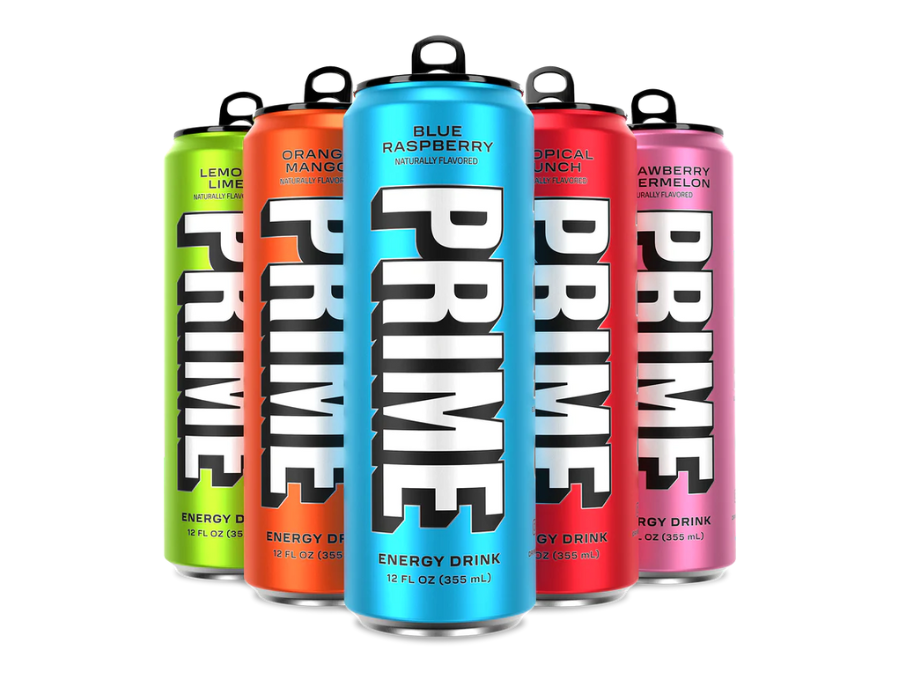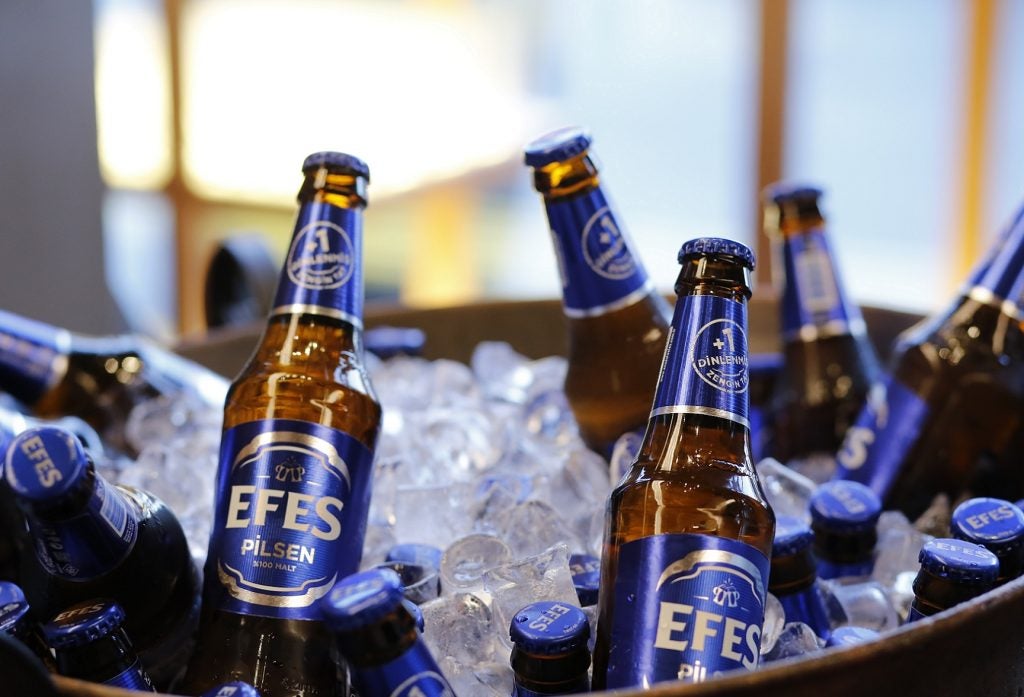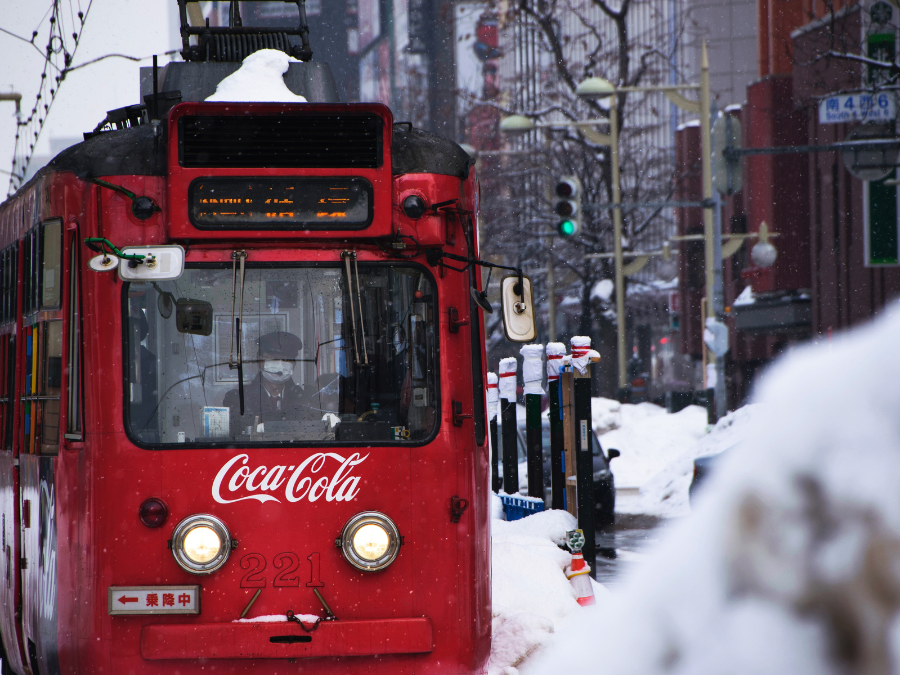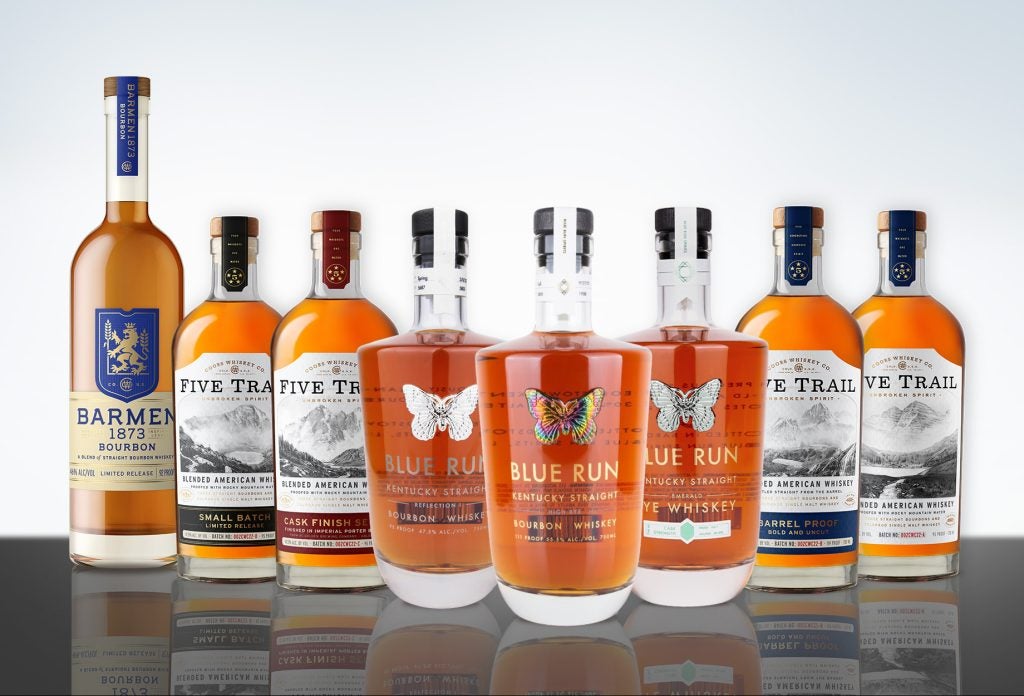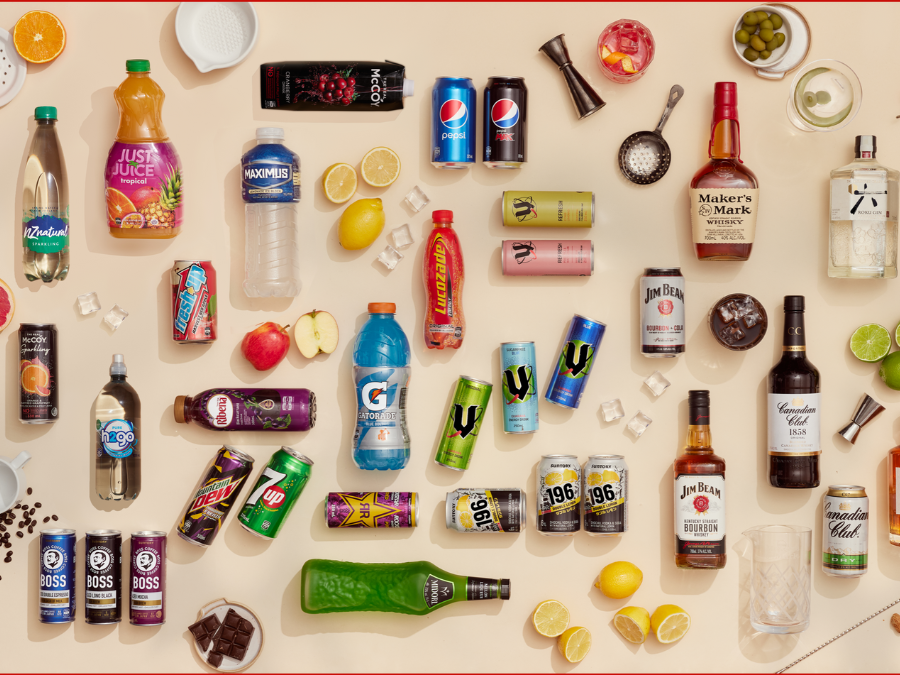Nestlé’s move to rebrand a Milo product it only launched in Vietnam in 2022, though a tacit admission of a misstep, looks a wise move.
The company expanded its Milo RTD dairy and dairy alternatives range in Vietnam with the Mindvibe variant last year. The peppermint-flavoured malt drink targeted younger Vietnamese consumers with a formulation that included ingredients claimed to boost mental cognition, such as green tea, taurine, zinc, and B vitamins.
This month, however, Milo Mindvibe has a new name: Milo Dynamind. The relaunch has been announced by a marketing campaign in Ho Chi Minh City, targeting Gen Z consumers.
Milo Dynamind has the same formulation as Mindvibe, with a natural mint flavour.
However, the new brand name communicates the product’s brain-boosting functionality more lucidly to consumers. Additionally, the term nootropics is printed boldly on the front label of the product packaging to drive home the point. The nootropic tag can attract the 57% of Vietnamese consumers who find product attributes that are good for mental wellness an essential feature when making a purchase, according to a GlobalData consumer survey conducted in the country in the first quarter.
Nestlé is positioning the product as a drink that restores brain focus and a person’s energy levels after long study sessions or exercise routines. Accordingly, the packaging design features a sketch of a young skateboarder, another signal that the drink targets young and active consumers.
Nestlé released three short television commercials and digital advertisements on social media portals in Vietnam to promote the new brand name.
The company also launched a marketing campaign in Ho Chi Minh City highlighting the dangers of people being distracted in road traffic. The marketing campaigns touted the functional attributes of Milo Dynamind, claiming it helps young consumers in staying more focused and used a combination of information and humour to stoke the curiosity of Gen Z shoppers.
The health and wellness trends accentuated by the Covid-19 pandemic bolstered demand in Vietnam for dairy and dairy alternative drinks, such as flavoured milk. Even as the pandemic wanes, the healthy image of dairy and dairy alternative drinks prevailed. As a result, GlobalData, Just Drinks’ parent, forecasts Vietnam’s flavoured drinks consumption will cross one billion liters by 2028, reflecting a compound annual growth rate of 4.7% over the forecast period 2023–28.
With the combination of a new name and a campaign promoting the drink’s purported functional benefits, Nestlé hopes the rebranded Milo Dynamind can help it gain an edge over rivals and category leaders in Vietnam, Vinamilk and FrieslandCampina.




